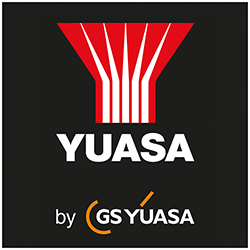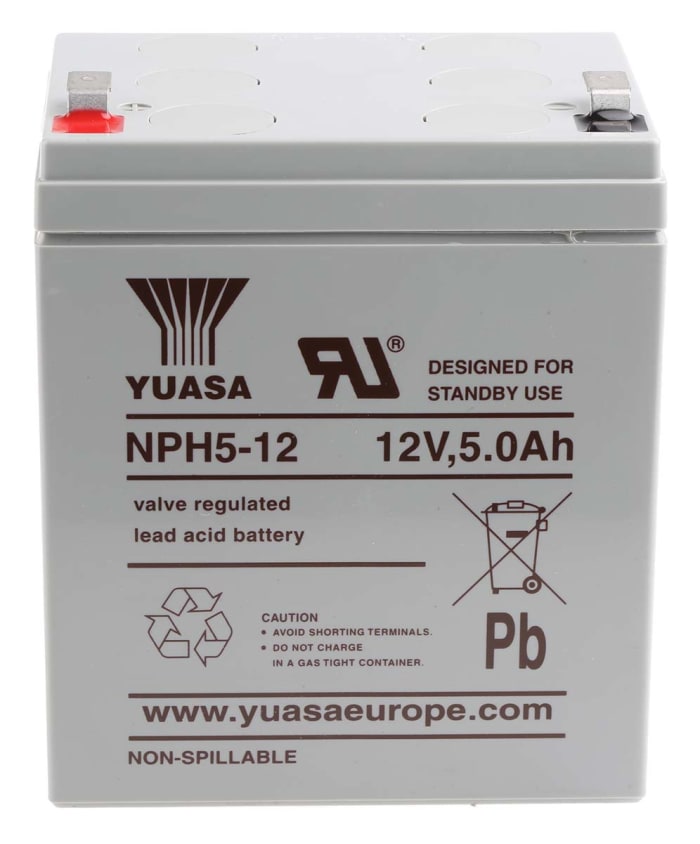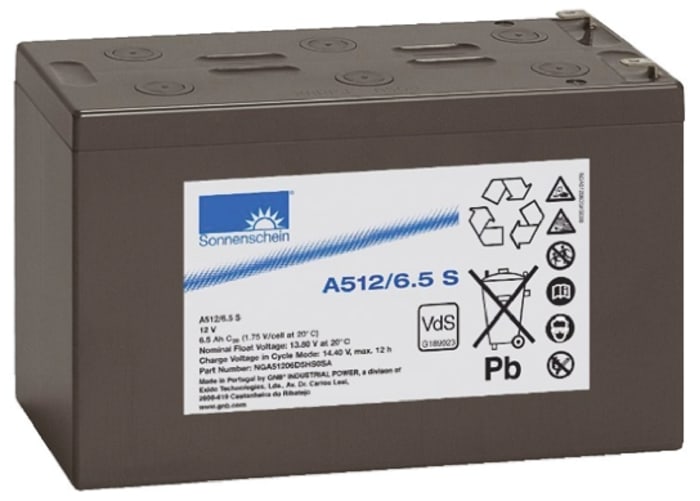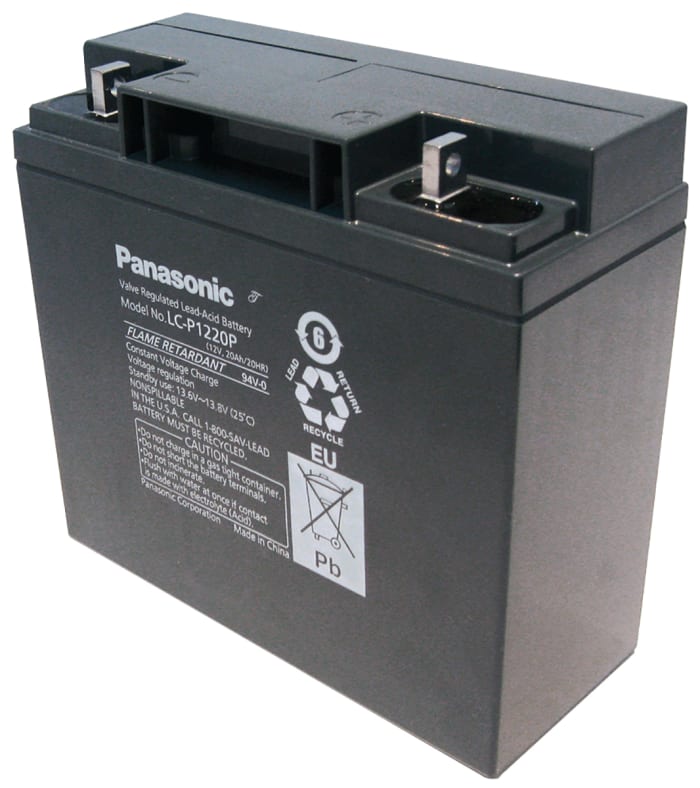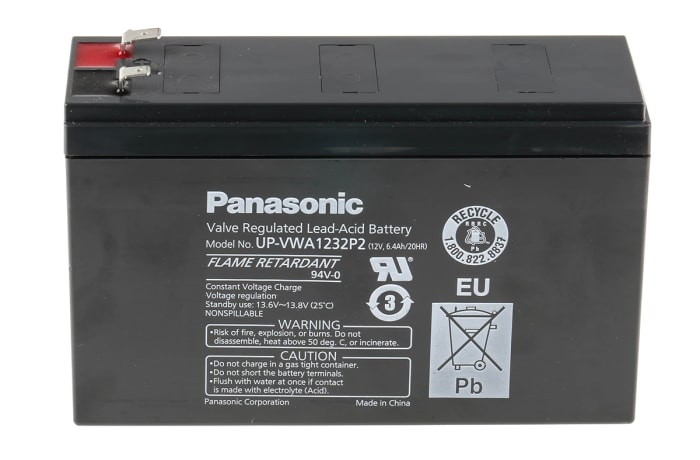Technical Document
Specifications
Brand
YuasaCapacity
6.5Ah
Nominal Voltage
12V
Construction
VRLA AGM
Terminal Type
Faston 4.8mm/6.35mm
Flame Resistant
No
Dimensions
97.5 x 151 x 51mm
Maximum Operating Temperature
+60°C
Minimum Operating Temperature
-20°C
Designed for Cyclic Application
No
Designed High Rate Application
Yes
Application
Stand by Use
Chemistry
Lead Acid
Eurobat Classification
3 to 5 Years
Operating Temperature Range
-20 → +60°C
Brand Range
YUASA SW
Weight
2.5kg
€ 82.87
€ 82.87 Each (ex VAT)
1
€ 82.87
€ 82.87 Each (ex VAT)
Stock information temporarily unavailable.
1
Stock information temporarily unavailable.
Technical Document
Specifications
Brand
YuasaCapacity
6.5Ah
Nominal Voltage
12V
Construction
VRLA AGM
Terminal Type
Faston 4.8mm/6.35mm
Flame Resistant
No
Dimensions
97.5 x 151 x 51mm
Maximum Operating Temperature
+60°C
Minimum Operating Temperature
-20°C
Designed for Cyclic Application
No
Designed High Rate Application
Yes
Application
Stand by Use
Chemistry
Lead Acid
Eurobat Classification
3 to 5 Years
Operating Temperature Range
-20 → +60°C
Brand Range
YUASA SW
Weight
2.5kg
